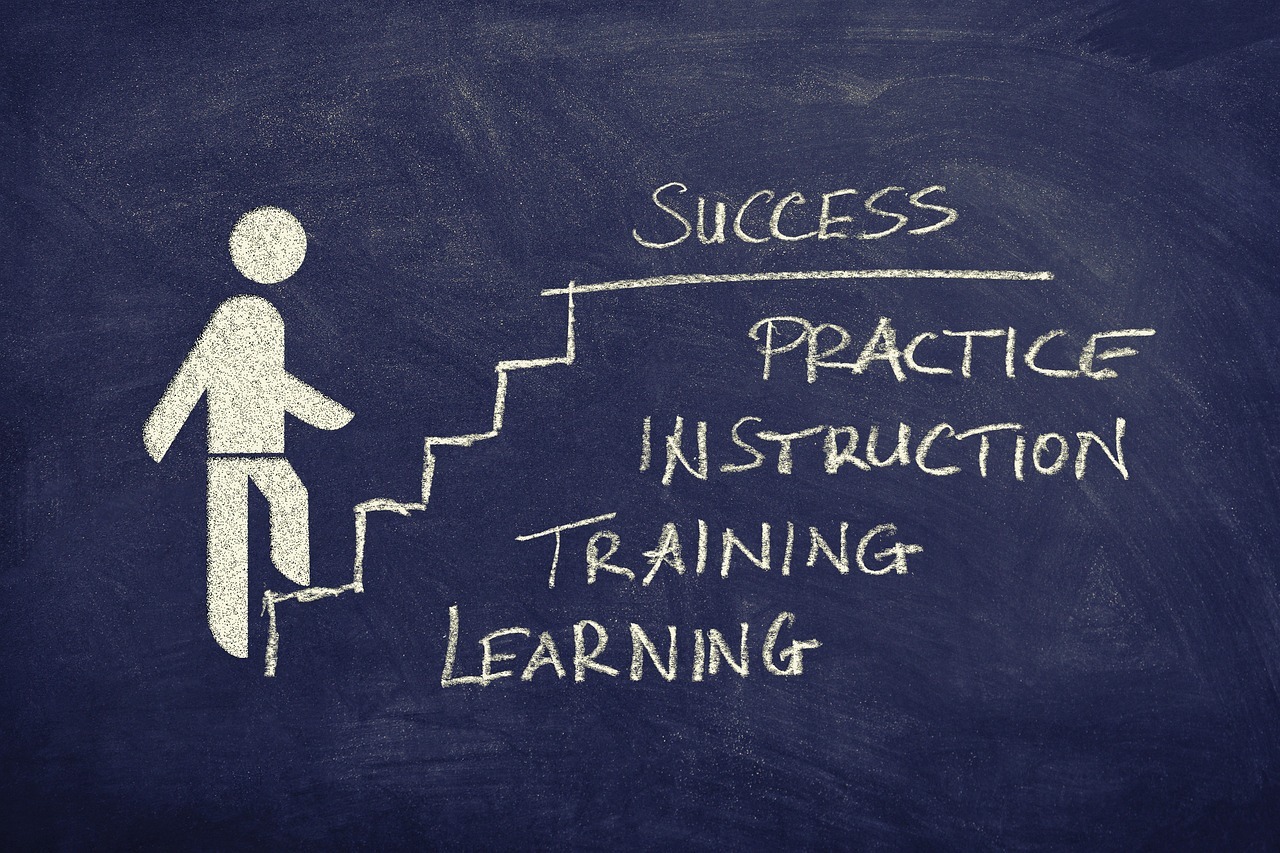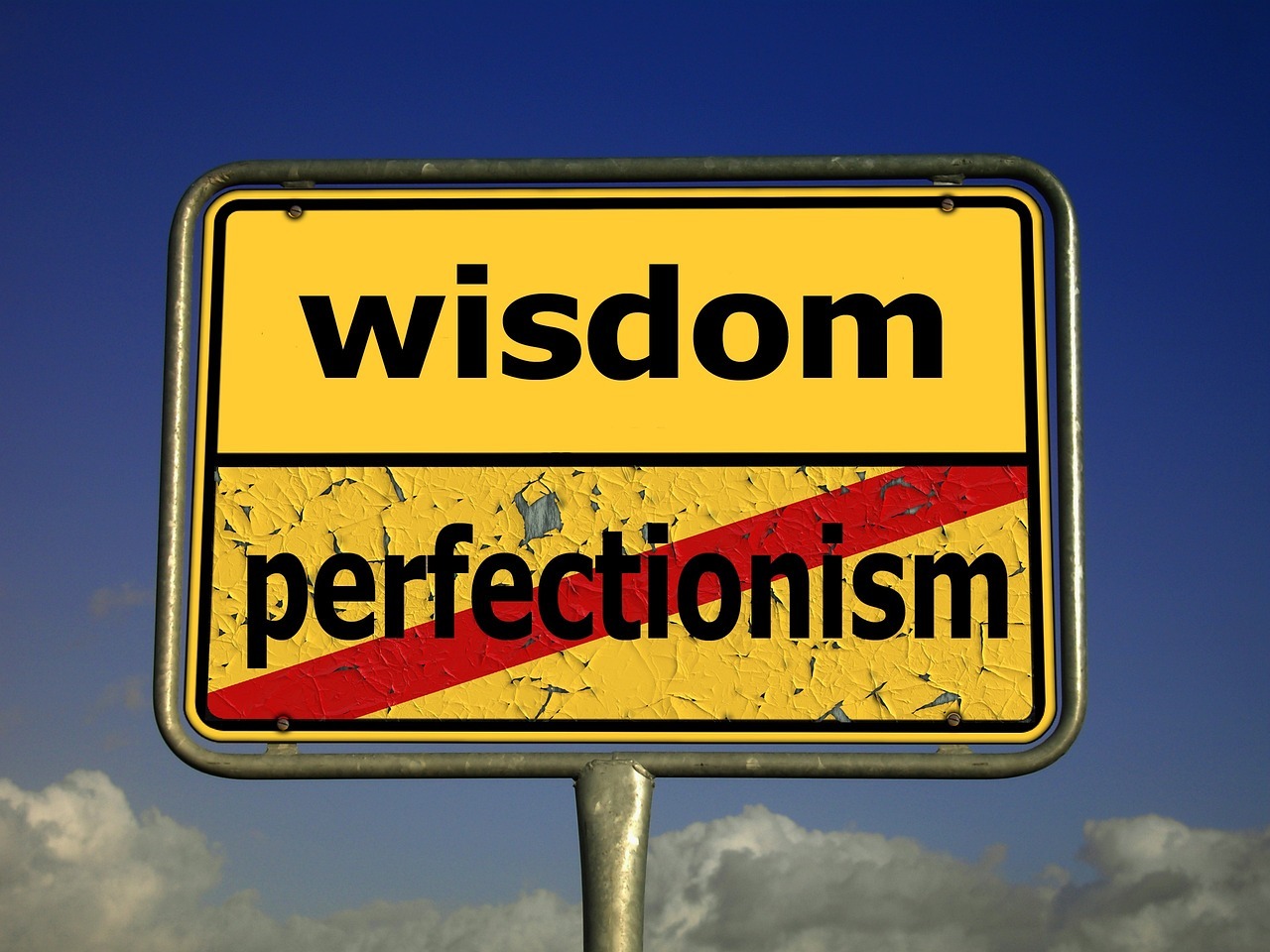
In a world where challenges and adversities are inevitable, the mindset with which we approach these hurdles can significantly alter the course of our lives. Rather than succumbing to a victim mentality, embracing a stance of empowerment and resilience can lead to transformative growth and strength. This article delves into the journey of refusing to be the victim, highlighting practical steps and biblical insights to guide individuals towards a path of empowerment and resilience.
Understanding the Victim Mentality
The victim mentality is a psychological state where an individual sees themselves as a passive recipient of the misfortunes of life, without any power or responsibility to change their situation. This mindset can be a natural response to trauma or adversity; however, it hinders personal growth and healing. Recognizing this mentality is the first step towards overcoming it.
Biblical Insights on Overcoming Adversity
Scripture offers profound wisdom on dealing with life's challenges, emphasizing strength, courage, and reliance on God. Philippians 4:13 states, "I can do all things through Christ who strengthens me," reminding us of the divine power available to us in overcoming adversity. Similarly, James 1:2-4 encourages believers to find joy in trials, understanding that such experiences foster perseverance and maturity.
The Power of Choice and Responsibility
Central to refusing to be the victim is acknowledging one's power of choice and responsibility. This involves recognizing that while we cannot control every circumstance that befalls us, we can control our reactions to them. Embracing personal responsibility empowers individuals to take action towards change, rather than remaining passive observers of their own lives.
Steps Towards Empowerment and Resilience
1. Acknowledge and Accept Emotions: Allow yourself to feel and express emotions without judgment. Acknowledging your feelings is crucial for healing and moving forward.
2. Seek Support and Guidance: Engage with a supportive community, whether through friends, family, or professionals. Spiritual guidance can also provide comfort and direction during challenging times.
3. Set Boundaries and Assert Control: Identify areas of your life where you can assert control and set healthy boundaries. This can include your reactions, how you spend your time, and with whom you interact.
4. Cultivate a Growth Mindset: View challenges as opportunities for growth rather than insurmountable obstacles. Embrace learning and personal development as key components of your journey.
5. Practice Gratitude: Focus on the blessings in your life, however small they may seem. Gratitude shifts your perspective from what is lacking to what is abundant.
6. Lean on Your Faith: Strengthen your relationship with God through prayer, meditation, and studying Scripture. Trust in His sovereignty and plan for your life.
7. Take Action: Move from contemplation to action. Set realistic goals and take small steps towards achieving them, celebrating progress along the way.
## The Role of Community and Faith
Building a supportive community and deepening one's faith are pivotal in the journey towards refusing to be the victim. Surrounding oneself with individuals who uplift and encourage resilience can significantly impact one's ability to face challenges head-on. Moreover, faith in God provides a foundation of strength and hope, reminding us that we are never alone in our struggles.
Conclusion
Refusing to be the victim is a powerful stance that opens the door to healing, growth, and empowerment. By taking responsibility for our reactions, leaning on our faith, and actively choosing resilience over resignation, we can navigate life's adversities with strength and grace. Remember, the journey towards empowerment is not about denying the pain or difficulty of our experiences but about choosing to rise above them, anchored in the knowledge that with God, all things are possible.

FAQs on Personal Growth and Resilience
Q1: What is a victim mentality?
A1: A victim mentality is a psychological state where an individual sees themselves as a passive recipient of the misfortunes of life, feeling powerless and blaming external circumstances for their situation without taking personal action to change it.
Q2: How can I recognize if I have a victim mentality?
A2: Signs include consistently blaming others for your problems, feeling powerless to change your circumstances, a pervasive sense of pessimism, and avoiding taking responsibility for your actions.
Q3: What are the first steps to overcome a victim mentality?
A3: Acknowledge and accept your feelings, recognize patterns of victim thinking, take responsibility for your reactions and decisions, and seek to understand how you can actively change your situation.
Q4: How does faith play a role in overcoming adversity?
A4: Faith provides strength, comfort, and guidance in times of difficulty. It encourages reliance on God's wisdom and timing, fostering resilience and a proactive stance towards life's challenges.
Q5: Can you build resilience, and if so, how?
A5: Yes, resilience can be developed through practices such as facing fears, setting realistic goals, maintaining a positive outlook, leaning on faith and community, and learning from past experiences.
Q6: How important is community in personal growth?
A6: Community is crucial for personal growth. It provides support, encouragement, accountability, and a sense of belonging, all of which are essential for overcoming challenges and fostering resilience.
Q7: What role does gratitude play in refusing to be the victim?
A7: Gratitude shifts focus from what is lacking to what is present and positive in one's life. This perspective change fosters positivity, reduces feelings of victimhood, and enhances overall well-being.
Q8: How can setting boundaries help in refusing to be the victim?
A8: Setting boundaries helps you take control of your life, protect your emotional well-being, and assert your needs and values. It's a critical step in taking responsibility for your happiness and refusing to let others dictate your feelings and actions.
Q9: What is the difference between reacting and responding to challenges?
A9: Reacting is often immediate, driven by emotions, and lacks consideration of the consequences. Responding involves taking a moment to reflect, consider the best course of action, and is characterized by a more thoughtful, deliberate approach.
Q10: How can I maintain a positive outlook in the face of adversity?
A10: Focus on what you can control, practice gratitude, seek lessons in challenges, stay connected with supportive people, engage in activities that bring joy, and remind yourself of your strengths and past successes.
These FAQs are designed to provide insight and encourage individuals facing adversity to adopt a mindset of empowerment, resilience, and faith.
